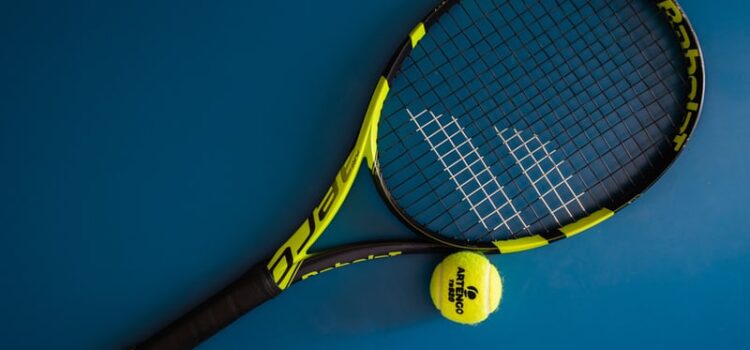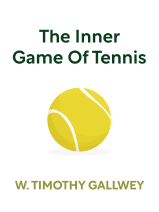

This article is an excerpt from the Shortform book guide to "The Inner Game of Tennis" by W. Timothy Gallwey. Shortform has the world's best summaries and analyses of books you should be reading.
Like this article? Sign up for a free trial here .
Is tennis mastery possible? What do you have to do to become a great tennis player?
Tennis mastery depends on two things: your physical, technical skills and techniques; and your mental state. In his book, Tim Gallwey calls this the inner game.
Read more about tennis mastery and how to achieve it.
Tennis Mastery: The Mental Game of Tennis
To unlock your full potential as a tennis player, understand that tennis is a mind game. It is played more with yourself than with your opponent, and there are strategies to improve your relationship with yourself. Only then can you achieve tennis mastery.
Gallwey calls the two selves “Self 1” and “Self 2.” Self 1 governs what he refers to as the “ego-mind,” and Self 2 governs the body and instinct. The “ego-mind” is what chastises you when you do poorly and compliments you when you do well.
Players are most successful when they can quiet Self 1 and let Self 2 take over, but this is rare.
While observing a tennis match, it’s obvious that most competitors are physically straining in unnecessary ways—their faces tighten or they curse at themselves. This is a manifestation of an inner self that is not well-calibrated and an ego that is working too hard for control, leading to physical reactions.
The goal is thus to play without thinking too actively or “over trying.” Good players of course still have to exert significant effort on the court, but there’s a difference between this and trying too hard, which almost always involves getting angry at yourself.
Players who have achieved tennis mastery of the Inner Game are good at three skills:
- First, figuring out their own desired outcome
- Example: Wanting to hit a forehand deeper in the court
- Second, trusting Self 2 and not interfering too much
- Example: Not thinking too hard about the mechanics necessary to hit the forehand farther before swinging
- Third, thinking about themselves “nonjudgmentally”—noticing what is happening without passing a value judgment on their performance
- Example: Staying calm when you inevitably hit a few into the net
Each of these adds up to the idea of “relaxed concentration,” which is the Platonic ideal of a successful tennis player—fully in control and fully relaxed at the same time.
Inner Instability, Inner Stability
Self 1 can produce significant instability if we listen to it too much. This is because Self 1 can often distort the meaning of an event. Think about a time that you went on a first date and didn’t end up having a second one. There are all sorts of reasons another date may not have worked out. But Self 1 is very capable at producing fears and delusions—maybe you start thinking about what you did wrong and then end by telling yourself that you’re no good at dating and you’ll never find someone you like who likes you back.
Today more than ever, there are constant external pressures like this one that make us feel stressed out. There are demands from your job, your friends, and your family. Most people respond to this by attempting to “manage stress” or take occasional breaks to “unplug.” This usually isn’t that successful—what works better is building up inner stability.
We can do so by understanding that Self 2 has lots of demands itself that actually make us more stable, rather than the demands of Self 1 which make us less so. Self 2’s demands are anything from eating and drinking enough that we’re sufficiently energetic to wanting to learn new skills. Responding to these Self 2 requests helps us build this stability.
You can achieve tennis mastery through your skills and your mental game. It’s challenging, but it is possible if you keep working on it.

———End of Preview———
Like what you just read? Read the rest of the world's best book summary and analysis of W. Timothy Gallwey's "The Inner Game of Tennis" at Shortform .
Here's what you'll find in our full The Inner Game of Tennis summary :
- Why tennis is actually a mind game
- How to quiet the mind and concentrate intently
- Why your self-worth shouldn't be dependent on how you do in competition






